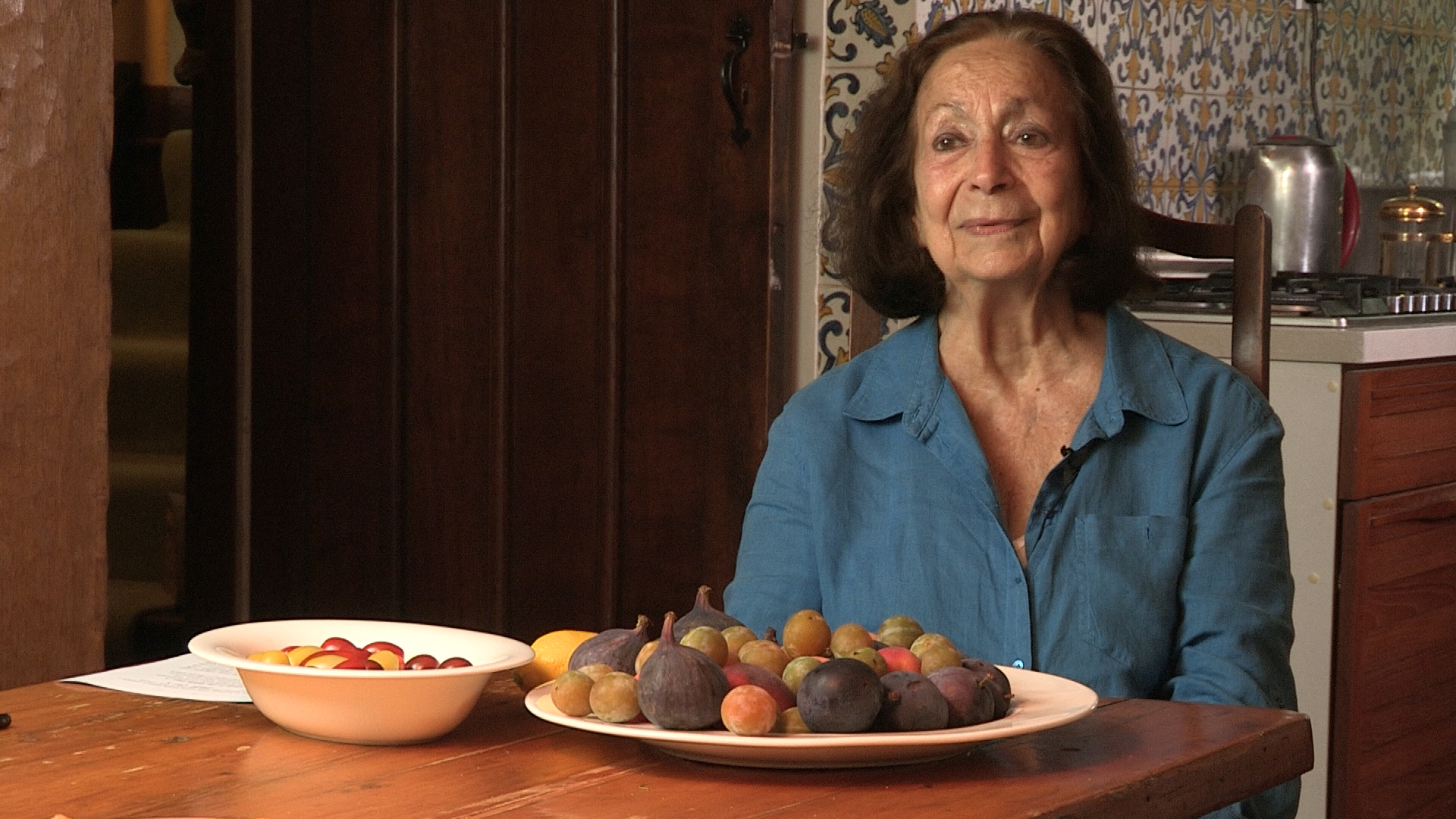NEXT STORY

Collecting Jewish recipes
RELATED STORIES

NEXT STORY

Collecting Jewish recipes
RELATED STORIES


|
Views | Duration | |
|---|---|---|---|
| 61. 'The Muslims didn't eat it' | 03:53 | ||
| 62. Collecting Jewish recipes | 03:40 | ||
| 63. The Jewish community in India | 02:36 | ||
| 64. My experience of South Africa | 4 | 04:08 | |
| 65. The Ashkenazi culture and cuisine | 04:16 | ||
| 66. Financing my trips as a single mother | 04:21 | ||
| 67. Collecting recipes on trains | 2 | 04:24 | |
| 68. Each recipe has a story | 1 | 04:32 | |
| 69. The Cooking of Venice | 2 | 05:22 | |
| 70. Discovering my Jewish roots | 1 | 02:29 |


There were also dishes that were very different. In all the countries, there were dishes that were different from the community. And in some, all their dishes, like in Turkey, were different. Because in Turkey they had all the Jews of Turkey, had come directly from Spain and they kept up their Spanish or Portuguese dishes. And now they can get a Spanish and Portuguese passport. Lucky them. But in some countries, they didn't even know their recipes were Jewish. But when I interviewed them, like Jews of Iraq, several friends, they kept saying we ate the same thing as the others. So, I would say, 'What did you eat on Thursday? What did you know in your family?' And they would say, 'On Thursday we ate this kedgeree, and was lentils and it had cheese and it had egg and it had...' – they would tell me the recipe I wrote down exactly and then I said, 'Did the Muslims eat it?' 'No, they didn't'. 'What did you cook for Friday night?' They had all these things, and Saturday. And then they always said, 'The Muslims didn't eat it'. And then so, there is a Jewish dish, if the Muslims didn't eat it. So, I realised that the reason why it was Jewish, it was either because of the kosher laws that you can't mix meat and dairy, there's things you can't eat. So there's replacements of foods, ingredients that you are not allowed to eat if you're abiding by kosher laws.
But there was another reason, and it was because of the movement of Jews. Because in some cases, like in India, they had come from Iraq to India. And their dishes were a mix of... some people in India had come from Syria. So, there were Iraqi Jewish influence, Syrian influence, mixed with Indian food, Indian spices. And the Raj as well. Because somebody came up with a bread-and-butter pudding that people did. And because they couldn't do milk in the bread-and-butter pudding, they put coconut milk. And so, there was all these differences that actually, nowadays, we call it fusion. But it was a kind of fusion, it was a highbred cuisine. But it was a fusion that took maybe 200 years, 300 years, sometimes 400 years to actually develop. Because of the movement of people. Whereas now, the fusion you get is instant, as soon as somebody puts something on Instagram, another chef in another part of the world says, 'I'm going to do this'. He does it with his things, with his ingredients. And so, everything that's going around that's fusion now, is instant.
Claudia Roden (b. 1936) is an Egyptian-born British cookbook writer and cultural anthropologist of Sephardi/Mizrahi descent. She is best known as the author of Middle Eastern cookbooks including A Book of Middle Eastern Food, The New Book of Middle Eastern Food and The Book of Jewish Food.
Title: 'The Muslims didn't eat it'
Listeners: Nelly Wolman
Claudia Roden talking to her granddaughter Nelly Wolman about her life in food.
Tags: Muslims, kosher, fusion, Jewish
Duration: 3 minutes, 53 seconds
Date story recorded: September 2022
Date story went live: 04 December 2023